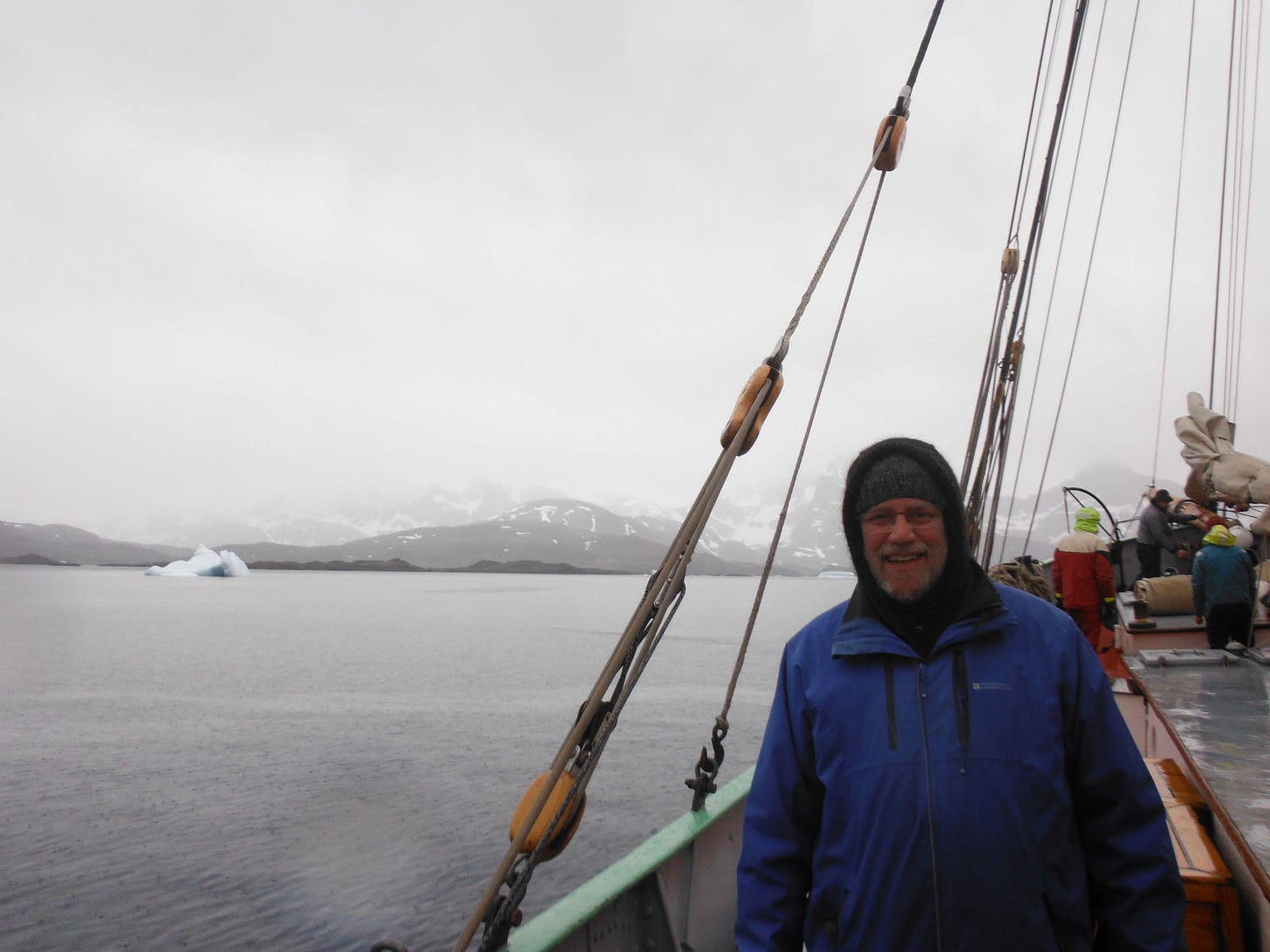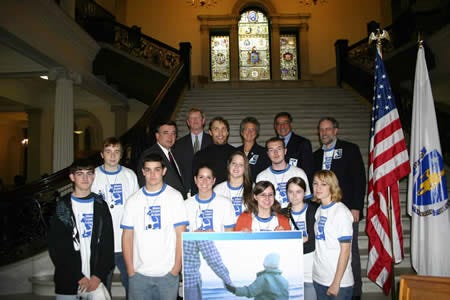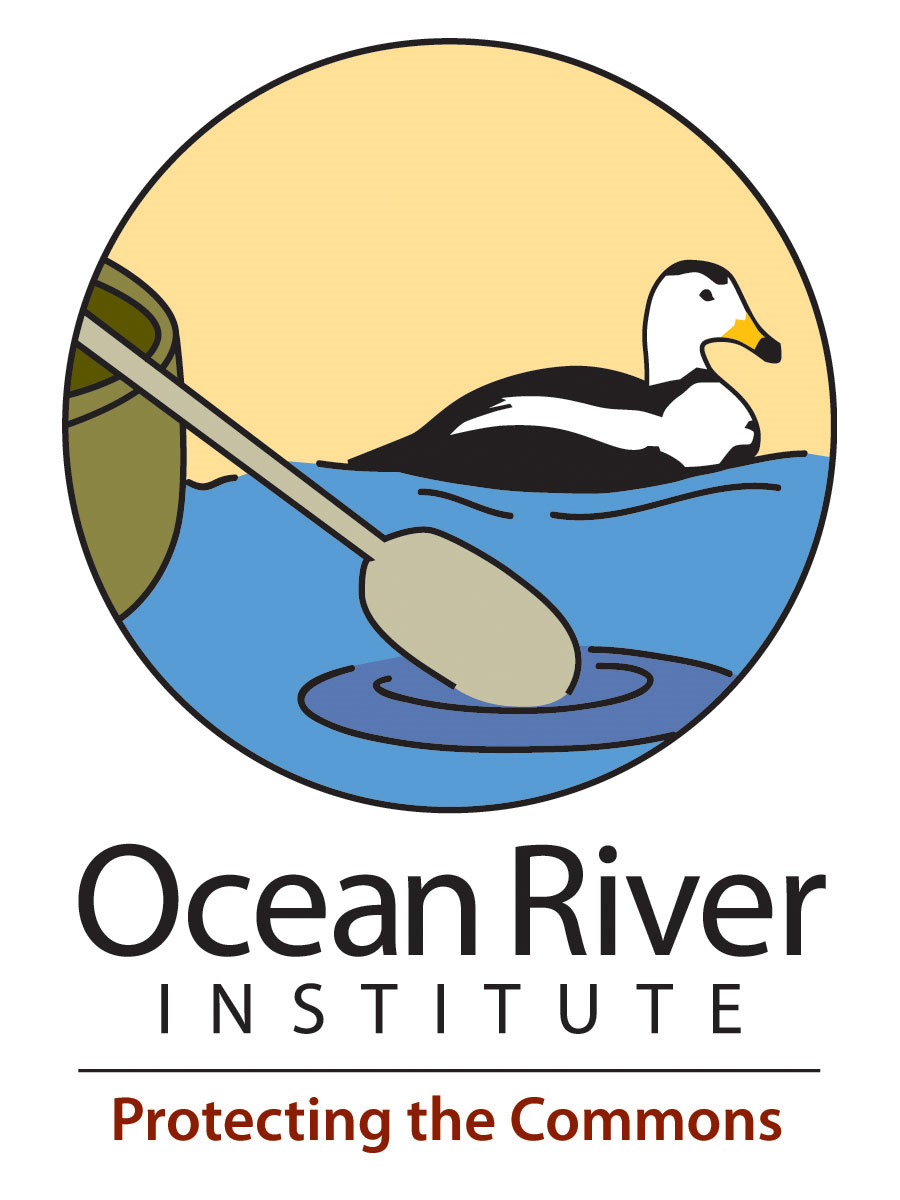The best clam chowder has the freshest clams and balances just the right amount of diced potatoes, onion, celery, milk and cream, and clam juice. It is not one ingredient. All ingredients are combined in just the right proportions to make a chowder that we savor and regret when the spoon scraps the bottom of the bowl.
The Clam Chowdah Narratives are about restoring the right blend of ecosystems. They recognize that we cannot grasp such vast things as “the Earth,” “the ocean,” or “the climate” unless we think holistically and view them through the lens of the local and familiar.
In the Clam Chowdah Narratives, I explore how we have upset the balance of ecosystems and broken the natural cycles of water, carbon, and nutrients. Climate change may be a symptom of something larger that needs to be addressed. By looking closely, talking with people, and drawing on local knowledge, common sense, and science, I will tell how nature is being restored, how the loss of biodiversity may be repaired, and how to address climate change in our neighborhoods—local actions that will reap global benefits.
Free subscribers have access to and will be empowered to make a difference with:
Weekly newsletter on wildlife, whales, and restoring ecosystems.
Weekly global warming/climate change solutions with meaningful actions to take.
Weekly short informative eco-action videos.
Each posting includes a chat box where readers can discuss obstacles and frustrations and share insights into what works.
Paid subscribers receive all free content plus:
More in-depth articles, including op-ed pieces.
Meaningful conversations for the challenges ahead.
Pride in supporting the work of the Ocean River Institute.
Founding subscribers
My gratitude for your generous investment in our shared mission to restore nature’s balance and the climate.
More meaningful conversations for the challenges ahead.
Welcome to where the chowdah is always tasty, fellowship warm, and everyone knows your game.
About Me
I am a former science teacher, natural history curator, and current director of the Ocean River Institute. My Dad taught me to sail, standing with water to his knees, holding the boat into the wind. I sat in the back of the centerboard box with one hand on the rope connected to the little tanbark sail and the other on the steering stick (tiller). “Always sail to windward,” he said, “so you may return home again with the wind on your back.”
I approach my work as a sailor, taking the wind's power to use it to go against the wind. This can only be done in a zig-zag fashion by going in one direction and then turning quickly to go in another direction. Sometimes, no matter how deftly one steers and brings the boat about, the wind, waves, and tide will not let you pass through the narrows. Nonetheless, I will still go sailing the next day. For me, it’s the journey, the fellowship of perseverance, giving it your best. There will always be more water to cross, for what other life can there be?
The Ocean River Institute was created in 2007 when people came together to support the Massachusetts Ocean Planning Act, implemented in 2008. Our name comes from Rachel Carson, who wrote in The Sea Around Us: “All at last return to the sea—to Oceanus, the ocean river, like the ever-flowing stream of time, the beginning and the end.”
We’re the Ocean River Institute, providing individuals and families with specific opportunities to save wildlife, protect ecosystems, and fight climate change.
~www.oceanriver.org~









Putting a potted plant on my front step draws down more carbon dioxide, does more to remedy climate change than does buying an electric vehicle. By cutting down vegetation and destroying soil we upset water and carbon cycles. More vegetation means more soil, more water held in the ground and more photosynthesis, naturally. Plus more comfortable microclimate.